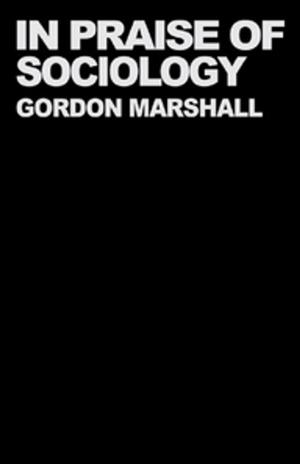Anomie, Strain and Subcultural Theories of Crime
Nonfiction, Social & Cultural Studies, Social Science, Crimes & Criminals, Criminology| Author: | Joanne M. Kaufman | ISBN: | 9781351957977 |
| Publisher: | Taylor and Francis | Publication: | May 15, 2017 |
| Imprint: | Routledge | Language: | English |
| Author: | Joanne M. Kaufman |
| ISBN: | 9781351957977 |
| Publisher: | Taylor and Francis |
| Publication: | May 15, 2017 |
| Imprint: | Routledge |
| Language: | English |
Anomie, strain and subcultural theories are among the leading theories of crime. Anomie theories state that crime results from the failure of society to regulate adequately the behavior of individuals, particularly the efforts of individuals to achieve monetary success. Strain theories focus on the impact of strains or stressors on crime, including the inability to achieve monetary success through legal channels. And subcultural theories argue that some individuals turn to crime because they belong to groups that excuse, justify or approve of crime. This volume presents the leading selections on each theory, including the original statements of the theories, key efforts to revise the theories, and the latest statements of each theory. The coeditors, Robert Agnew and Joanne Kaufman, are prominent strain theorists; and their introductory essay provides an overview of the theories, discusses the relationship between them, and introduces each of the selections.
Anomie, strain and subcultural theories are among the leading theories of crime. Anomie theories state that crime results from the failure of society to regulate adequately the behavior of individuals, particularly the efforts of individuals to achieve monetary success. Strain theories focus on the impact of strains or stressors on crime, including the inability to achieve monetary success through legal channels. And subcultural theories argue that some individuals turn to crime because they belong to groups that excuse, justify or approve of crime. This volume presents the leading selections on each theory, including the original statements of the theories, key efforts to revise the theories, and the latest statements of each theory. The coeditors, Robert Agnew and Joanne Kaufman, are prominent strain theorists; and their introductory essay provides an overview of the theories, discusses the relationship between them, and introduces each of the selections.















